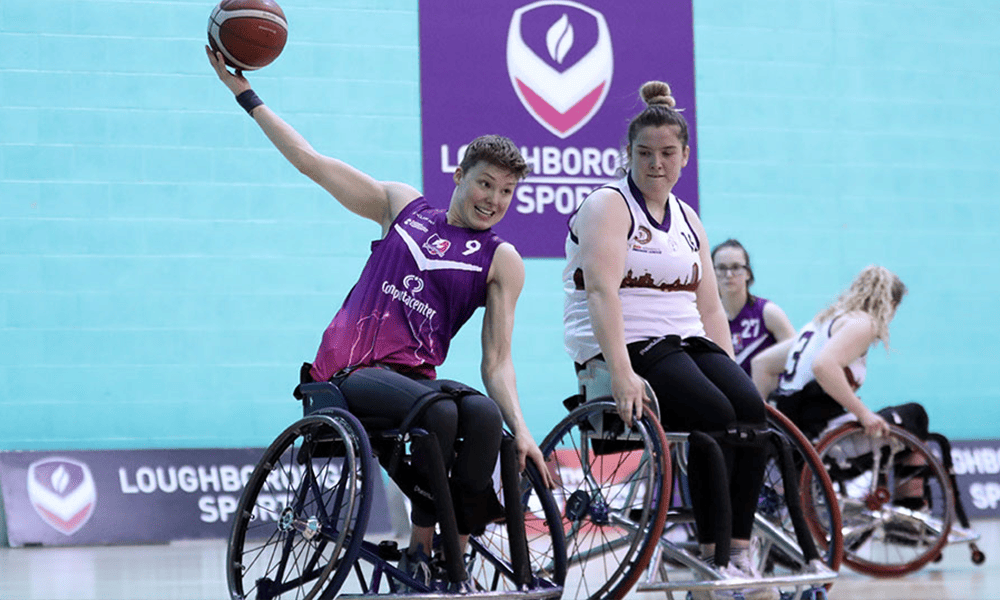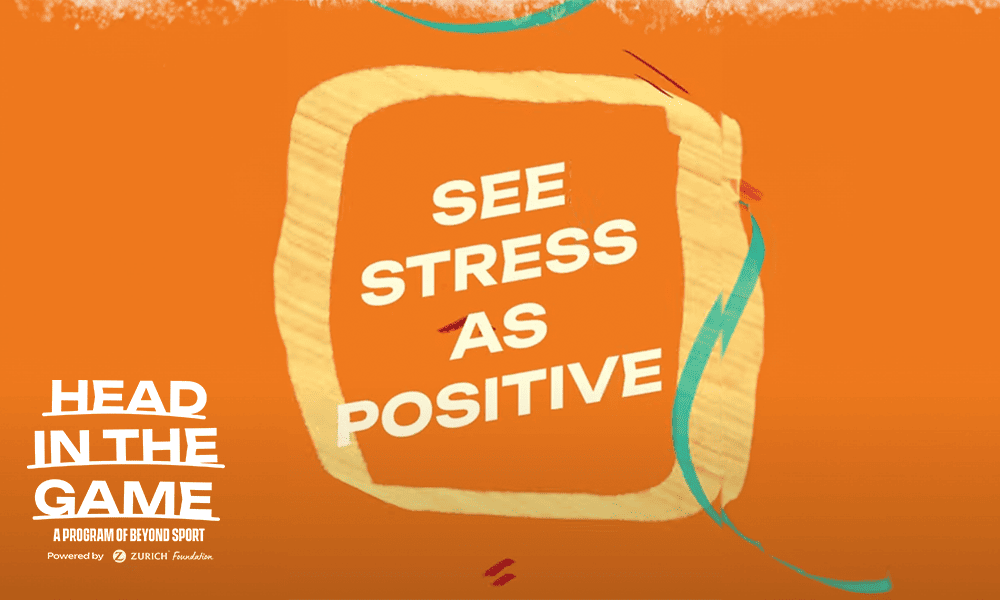
Sport England has released a report that shows strong and consistent evidence that sport and physical activity had positive effects on diagnosed mental health issues in children and young people. The report, ‘Children and Young People’s Mental Health and Physical Activity’, was produced by Edge Hill University.
Released on last week’s World Mental Health Day, the report reviews existing research from across 143 studies to assess the strength of evidence of physical activity interventions on mental health conditions for youth aged 5-25. The conditions and their symptoms included depression, anxiety, eating disorders, self-harm, bipolar disorder and schizophrenia.
“There is increasing concern about the mental health of children and young people in many countries, including England, with mid- to late-adolescence being an important life stage in which many mental health problems first emerge. The promotion of sport and physical activity in government policy and practice in various community and mental health settings has been advocated as one way of addressing this,” states the report’s Executive Summary. “However, compared to adults, the benefits of sport and physical activity interventions for children and young people with diagnosed mental health conditions are less well established.”
A 2023 survey of children and young people’s mental health found that 20% of children aged 8-16 had a probable mental health disorder – up from 12% in 2017. Among those aged 17-19, 10% had a probable mental health disorder in 2017, rising to 23% in 2023. These mental health conditions have a knock-on effect on youth. Young people aged 11-16 with a probable mental disorder were less likely to feel safe at school (61.2%) and less likely to report enjoyment of learning or having a friend they could lean on for support.

According to often cited studies, 50% of mental health problems, excluding dementia, first occur before the age of 14 and rise to 75% by age 24. In April 2024, Edge Hill University researchers undertook an international evidence review on the “use of sport and physical activity interventions for children and young people with a diagnosed mental health condition as well as those waiting for or on a mental health treatment pathway, as diagnosed by a GP or mental health specialist.”
The review uncovered that physical activity of moderate-to-high intensity was the most effective in treating depression in adolescents. Additionally, aerobic exercise was the most common mode of physical activity, which had a moderate effect on depression. Aerobics combined with resistance exercise were less common but had a strong impact on symptoms of depression. The effects of randomized controlled trials delivered in group settings were strong, particularly when compared to the effects of programs delivered on a one-to-one or individual basis.
The results from the report will influence and inform Sport England’s decision-making for children and youth – one of the five biggest issues in its Uniting the Movement strategy. It will also provide recommendations for sport and physical activity providers, policymakers and researchers. Additionally, the report highlights a need to improve the amount and quality of research evidence on the use of different types of sport in real-world settings and for more diverse groups of children and young people with a wider range of mental health conditions.





